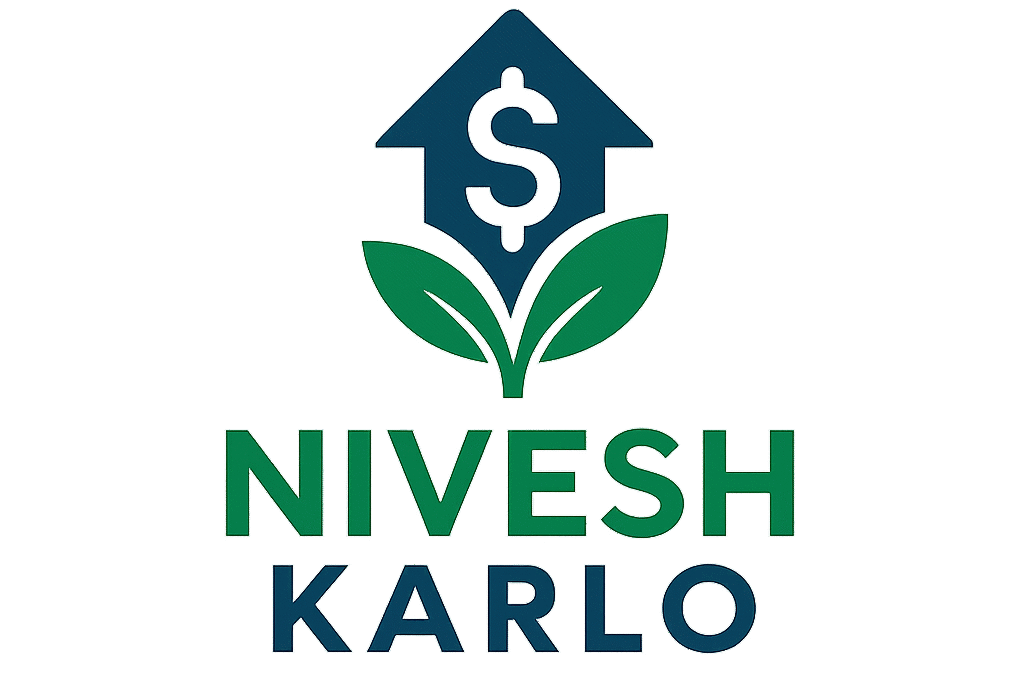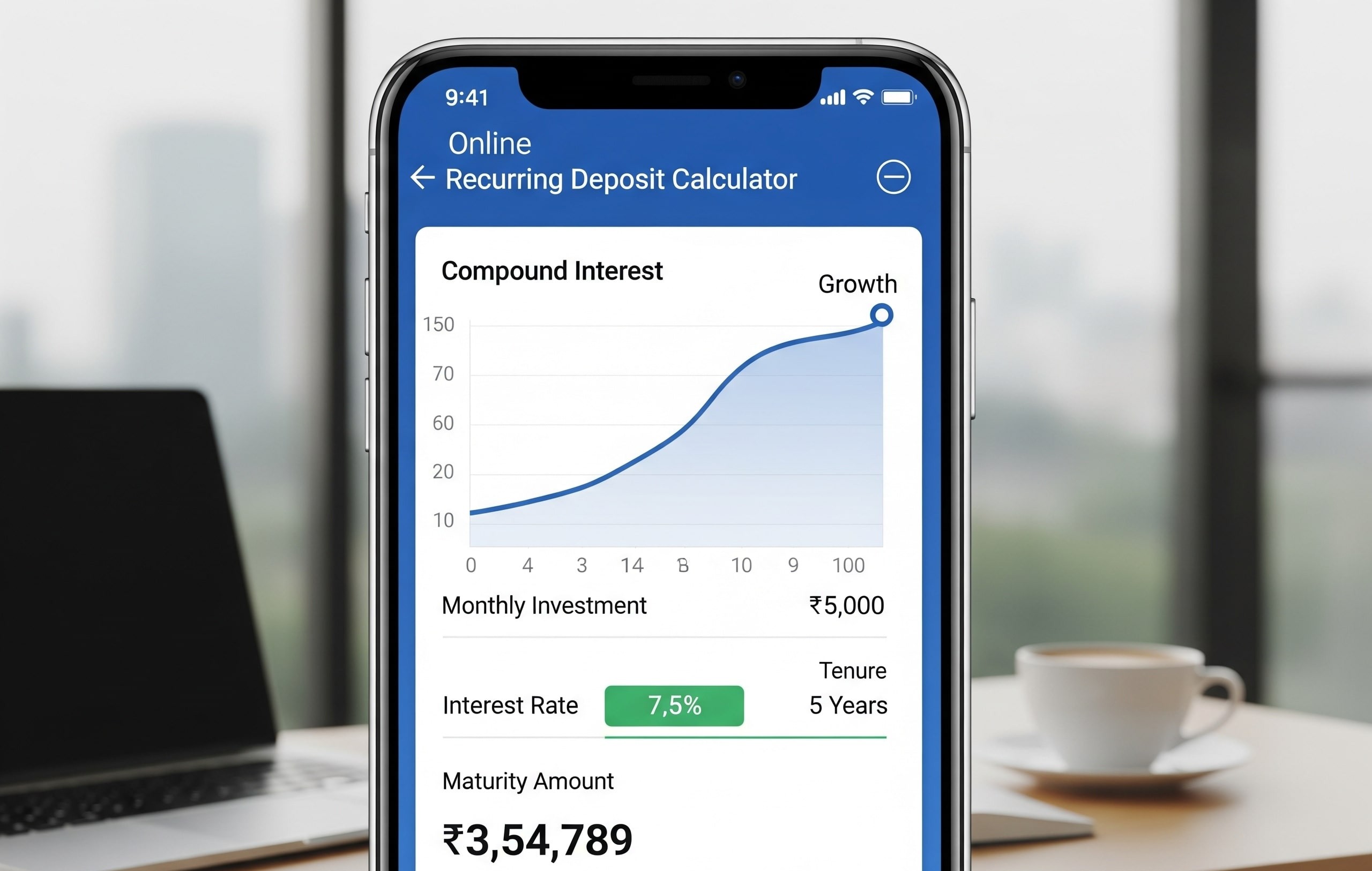Why Investment Is Important Once You Start Your Career
Compounding Growth
Benefit from compounding returns.
Achieving Financial Goals
Reach short-term and long-term goals.
Inflation Protection
Protect against inflation.
Diversification of Income
Create multiple income streams.
Tax Benefits
Enjoy tax-advantaged accounts.
Retirement Planning
Secure your future retirement.
Learning and Experience
Gain financial literacy.
Financial Independence
Achieve financial freedom.
Also Read: How to earn money online without investment in mobile | 5 Best Steps of Investment Process
Building Wealth Over Time
- Compounding: The earlier you start investing, the more you can benefit from compounding. This means earning returns on both your initial investment and the returns that investment has already generated.
- Time Advantage: Young investors have the advantage of time, allowing their investments to grow and recover from market downturns.
2. Achieving Financial Goals
- Short-term Goals: Investing can help you save for short-term goals such as buying a car, going on a vacation, or purchasing a home.
- Long-term Goals: It is essential for long-term goals like retirement, ensuring you have sufficient funds to maintain your lifestyle.
3. Inflation Protection
- Preserving Purchasing Power: Inflation erodes the value of money over time. Investing in assets that typically outpace inflation, like stocks, real estate, or inflation-protected bonds, helps preserve and grow your purchasing power.
Also Read: The Impact of Recent Changes in Interest Rates on PPF Investments
4. Diversification of Income
- Multiple Income Streams: Investing can create additional income streams, reducing reliance on a single source of income like a salary.
- Financial Security: Diverse investments can provide financial security and peace of mind in case of job loss or unexpected expenses.
5. Tax Benefits
- Tax-Advantaged Accounts: Contributions to retirement accounts like 401(k)s or IRAs often have tax benefits, reducing taxable income and allowing investments to grow tax-free or tax-deferred.
6. Retirement Planning
- Securing Your Future: Starting early means you can take advantage of employer-sponsored retirement plans, matching contributions, and the power of compounding to build a substantial retirement nest egg.
- Social Security Supplement: Personal investments can supplement social security, which may not be sufficient to cover all retirement expenses.
7. Learning and Experience
- Financial Literacy: Investing early helps you learn about financial markets, risk management, and economic principles, improving overall financial literacy.
- Risk Tolerance: Early investing helps you understand your risk tolerance, allowing you to make informed decisions and adapt your investment strategy over time.
8. Financial Independence
- Freedom to Pursue Interests: By building wealth through investments, you can achieve financial independence, allowing you to pursue interests and passions without financial constraints.
- Early Retirement: With smart investing, it’s possible to retire earlier than the traditional retirement age, giving you more years to enjoy your hobbies and interests.
Suggestions for Someone Who Has Started Their First Job
Starting your first job is an exciting milestone, and it’s a great time to begin thinking about your financial future. Here are some practical suggestions for someone in this position:
1. Create a Budget
- Track Expenses: Understand where your money is going by tracking your expenses for a few months.
- Set Limits: Allocate your income to essential categories: savings, rent, utilities, groceries, entertainment, etc.
- Adjust as Needed: Review and adjust your budget regularly to ensure it aligns with your financial goals.
2. Build an Emergency Fund
- Save for Emergencies: Aim to save 3-6 months’ worth of living expenses in a high-yield savings account.
- Prioritize This Fund: This should be one of your first savings goals to provide a financial cushion for unexpected expenses.
3. Pay Off Debt
- High-Interest First: Focus on paying off high-interest debt (like credit cards) as quickly as possible.
- Student Loans: Make a plan for repaying any student loans, considering options like refinancing for lower interest rates.
4. Start Investing Early
- Employer-Sponsored Plans: Take advantage of any employer-sponsored retirement plans, like a 401(k), especially if they offer matching contributions.
- IRAs: Consider opening an Individual Retirement Account (IRA) for additional retirement savings.
- Automate Investments: Set up automatic transfers to your investment accounts to ensure consistent investing.
5. Understand Benefits
- Health Insurance: Make sure you understand your health insurance options and choose a plan that suits your needs.
- Other Benefits: Explore other benefits your employer might offer, such as health savings accounts (HSAs), flexible spending accounts (FSAs), or employee stock purchase plans (ESPPs).
Also Read: ULIP plans vs mutual funds – which is the better investment
6. Continue Learning About Finance
- Educate Yourself: Read books, follow financial blogs, and consider taking courses on personal finance and investing.
- Stay Informed: Keep up with financial news and trends to make informed decisions.
7. Build Credit Responsibly
- Credit Card Use: Use a credit card responsibly to build your credit score by paying off the balance in full each month.
- Monitor Credit: Regularly check your credit report for accuracy and to understand your credit standing.
8. Set Financial Goals
- Short-Term Goals: Identify short-term goals like a vacation, buying a car, or building an emergency fund.
- Long-Term Goals: Plan for long-term goals like homeownership, starting a business, or retirement.
9. Insurance
- Health Insurance: Ensure you have adequate health insurance coverage.
- Other Insurance: Consider other necessary insurance such as renter’s insurance, auto insurance, and, if applicable, life insurance.
10. Seek Professional Advice
- Financial Advisor: If you’re unsure about how to manage your finances, consider consulting a financial advisor.
- Mentorship: Seek advice from more experienced colleagues or mentors who can provide guidance based on their own experiences.
11. Network and Career Development
- Build Relationships: Cultivate relationships with colleagues and industry professionals.
- Continual Learning: Invest in your professional development through courses, certifications, and networking events.
Conclusion
Starting your first job is the perfect opportunity to set the foundation for your financial future. By budgeting, saving, investing, and continuously educating yourself about personal finance, you can build a secure and prosperous financial future. Prioritize your financial health now to enjoy the benefits in the years to come.
FAQs –
1. Why should someone start investing as soon as they begin their career?
Investing early allows individuals to take advantage of compounding, where investment earnings generate their own earnings. This significantly grows wealth over time, helping achieve long-term financial goals like retirement.
2. What if a person has student loans or other debts? Should they still invest?
While managing high-interest debt is important, it’s possible to balance paying off debt and investing. Prioritize paying off high-interest debts first, but also consider contributing to retirement accounts, especially if an employer offers matching contributions.
3. How does investing help with inflation?
Inflation reduces the purchasing power of money over time. By investing in assets that typically grow faster than the rate of inflation, such as stocks or real estate, individuals can preserve and even increase their purchasing power.
4. What types of investments should a new investor consider?
New investors should start with a mix of low-cost index funds or exchange-traded funds (ETFs) that provide broad market exposure. Contributing to employer-sponsored retirement plans like a 401(k) or opening an Individual Retirement Account (IRA) for additional tax benefits is also advisable.
5. Isn’t investing risky? How can a beginner manage risk?
All investments carry some level of risk, but risk can be managed by diversifying a portfolio across different asset classes and sectors. Starting early also provides a longer time horizon to recover from market downturns. Educating oneself about investments and consulting a financial advisor can further help mitigate risks.
Also Read: How to save money as a student
How Cryptocurrency taxation works in India
How to change address in Aadhar
What is the Canara bank car loan interest rate?
Top investors in Indian stock market
Disclaimer – This article, authored by a certified financial expert, has been thoroughly verified for accuracy and credibility.
Hello there, my name is Phulutu, and I am the Head Content Developer at Nivesh Karlo. I have 13 years of experience working in fintech companies. I have worked as a freelance writer. I love writing about personal finance, investments, mutual funds, and stocks. All the articles I write are based on thorough research and analysis. However, it is highly recommended to note that neither Nivesh Karlo nor I recommend any investment without proper research, and to read all the documents carefully.






Leave a Reply